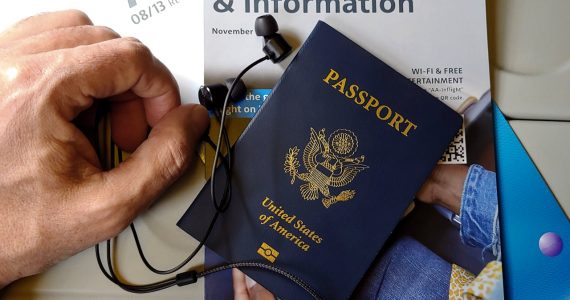Divorces happen. When they do, there are only a couple of ways that they can go. Smoothly or nasty. Often times, there’s no such thing as a smooth transition. Especially if there are kids involved. It’s a complex affair for any parent to have to explain to their child why they couldn’t work things out with their significant other.
Parental alienation is a phenomenon where a child allies himself or herself to an alienating parent and rejects any meaningful relationship with the other parent. Often times, there really isn’t a compelling reason.
In groundbreaking research, Dr. Warshak of the University of Texas proposes that as a society, we often make assumptions on the causes of parental alienation. He advises that in order to tread the murky waters of post-divorce, embracing shared parenting is perhaps the best way forward.
For the parent caught up in the unfortunate scenario where their own child turns against them, it can be a hectic experience. However, since children are malleable in terms of morals at a young age, we can employ numerous corrective measures to prevent this horrible case from taking place.
Address the Lies
If as a targeted parent, we take offence in some of the hateful things spewed by our exes towards our children, we should not rush into acting on impulse. Logic dictates that we should employ some rationality in how we deal with such scenarios.

However, being an understanding parent doesn’t mean that one should simply just lay low and hope for the best. Once kids get to believe that one of their parents caused the break-up, they may loathe us forever.
Facts are a great place to kick-start the conversation. Even children, little as they are, can tell when we’re lying to them. If we are caught in the act of lying, they may repel future attempts to reconcile with the targeted parent. Assurances of our love for our kids will go a long way in making them understand that the separation had nothing to do with them.
Keep our Emotions in Check

Love for our kids usually comes with an emotional aspect to it. The big picture is that no one wants their kids to hate them. In cases where divorces are messy, insults are often exchanged and if we don’t take care, we may go on wild guilt trips.
Bitterness towards our exes is perfectly human. There should, however, be some degree of rationale in how we approach our interactions with not only our former spouses, but also, our kids. Being overly defensive may leave us wide open to the temptation to go all out to prove a point.
Instead, our approach should be a poised one. Therapy is a great tool for parents who find themselves constantly flying off the handle. Other possible remedies are things like meditation and exercise. Trying out such options are the best alternatives to keep stress and emotions in check.
Reach out
Showing up to school events, emailing them every once in a while, calling and sending birthday presents are just a couple of ways we can make our presence felt in our children’s lives.
When a parent gives up on his/her children completely simply because they’ve been ignored, the parent-child relationship deteriorates. Once children grow up, and they have no memory of the parent during their younger years, establishing a relationship becomes much harder. Communication is of the essence if one has hopes to make bonds with children stronger.
Patience
To successfully rebuild broken relationships, patience is the name of the game. The older children get the more conscious they become about life. Being a constant presence in their life’s activities is important. It is a sure fire way to compel them into believing that we care.
The targeted parent should never rush into forcing their children to suddenly appreciate them for their efforts to reconcile. After all, time is the greatest of healers.




